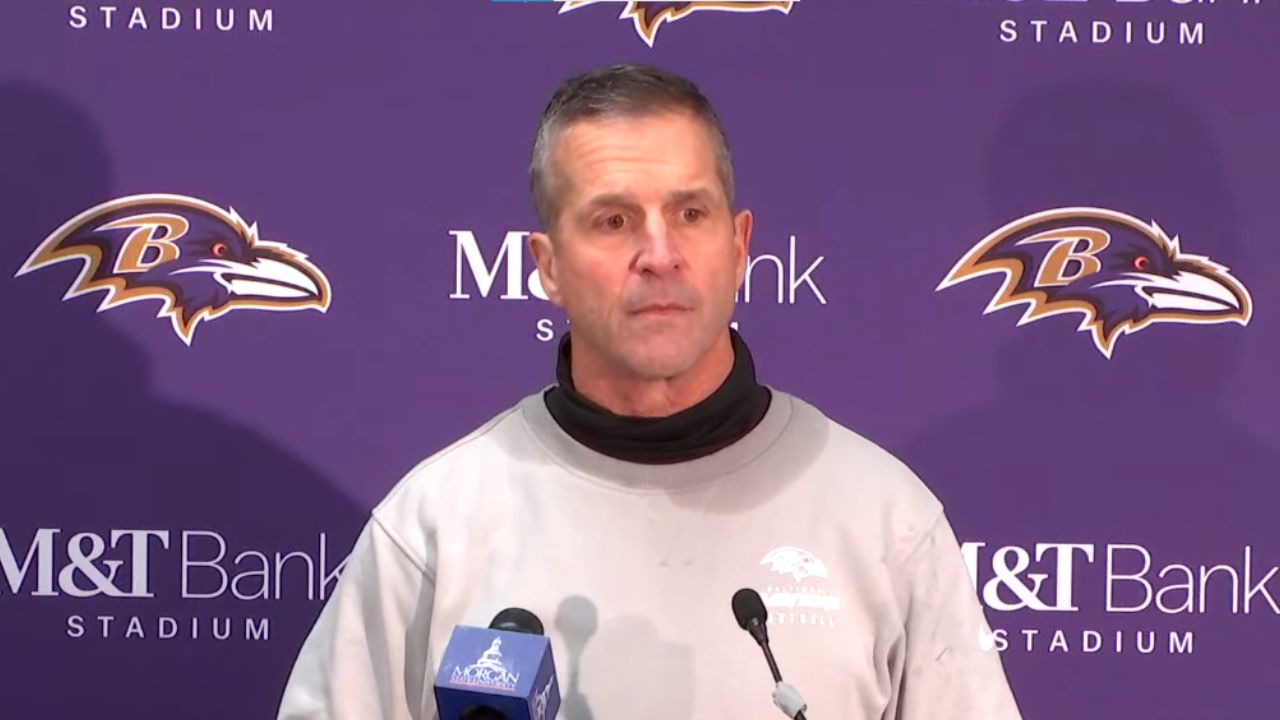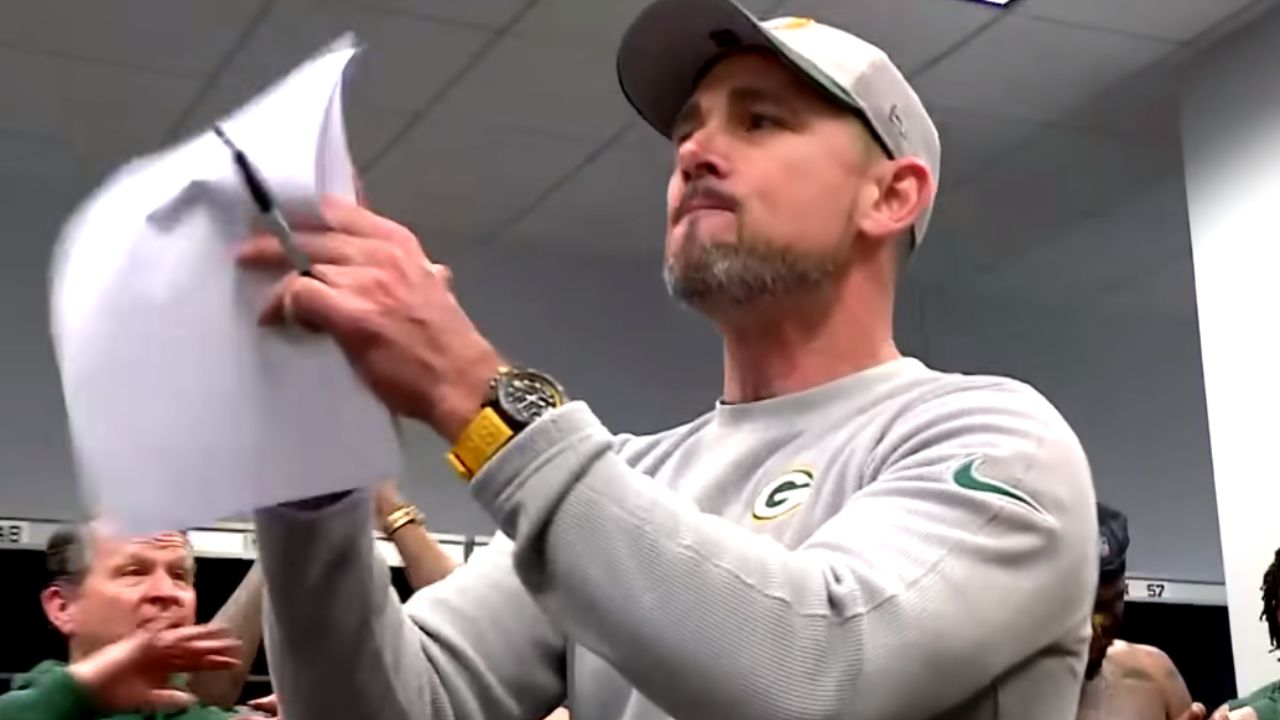Eight head coach openings with only one filled so far. Potential candidates’ names circulate, spanning offensive and defensive coordinators, linebacker coaches, interim head coaches, and former head coaches. One unique name stands out among them: Chris Tabor, a special teams coordinator, who, to be fair, also served as an interim head coach.
Bill Cowher, the Super Bowl-winning Hall of Fame coach, chuckles, “Do you think I have an opinion on this?” Indeed, Cowher, who began his career as a special teams coach, asserts a strong viewpoint shared by many who have held this role: being a special teams coordinator provides the best training to run an entire team.
Prominent coaches like Bill Belichick, Marv Levy, Dick Vermeil, Dennis Green, and John Harbaugh logged time as special teams coordinators. Harbaugh, now a Super Bowl-winning coach, expresses disappointment at the prevailing perception of special teams coordinators, emphasizing that building a team requires a comprehensive skill set.
Special teams coordinators, responsible for kickoff, kick return, punt, punt return, field goal, field goal block, and more, engage nearly every player on the roster. Belichick, in the mid-2000s, used starters for basic special teams roles, emphasizing the significance of every down. While starting quarterbacks may not attend special teams meetings, the majority of players do, highlighting the integral role of these coordinators.
Darren Rizzi, the Saints’ special teams coordinator, faced skepticism about his lack of experience working with quarterbacks. However, he contends that he communicates situational needs crucially in key moments. Cowher dismisses the idea of a quarterback coaching prerequisite for a head coach, citing successful pairings like Belichick and Brady, Dungy and Manning, himself with Ben Roethlisberger, and Mike Tomlin with Ben.
Harbaugh extends the argument, asking if quarterback coaches have relationships with other positions like cornerbacks or defensive linemen. Special teams coordinators excel in situational football, serving as their team’s rules expert. They manage rosters, evaluate player assets, and creatively deploy skills, showcasing adaptability. Flexibility becomes a compelling trait for owners, as special teams coordinators are not bound to a specific scheme but focus on players.
Owners often fear losing play callers to other teams, but Harbaugh reassures that a broad pool of coaching talent exists. Tabor emphasizes the importance of developing coaches for the future, aligning with the concept of a coaching pipeline.
Special teams coordinators excel at communication and motivation, crucial elements for a head coach. Bubba Ventrone’s dynamism, for instance, impressed the Browns’ general manager. The high-energy nature of special teams coordinators fosters engagement and understanding among players.
Harbaugh reflects on his journey, having led the Ravens for 16 seasons with remarkable success. Despite his achievements, special teams coordinators face resistance in obtaining head coaching roles. Rich Bisaccia’s success with the Raiders in 2021 didn’t secure him a permanent head coaching position.
Harbaugh emphasizes the need to reconsider special teams coaches, urging owners to look beyond conventional roles. He contends that successful head coaches are like unicorns, unique in their ways. Looking in different places is essential to finding the next unicorn, and breaking free from the stigma associated with special teams coordinators.
In a league where headlines and fan enthusiasm matter, Harbaugh’s argument centers on motivating players rather than pleasing columnists. The article concludes with the notion that seeking the next unicorn requires exploring different avenues, including special teams coordinators, to break free from preconceived stigmas and discover coaching talent in unexpected places.






